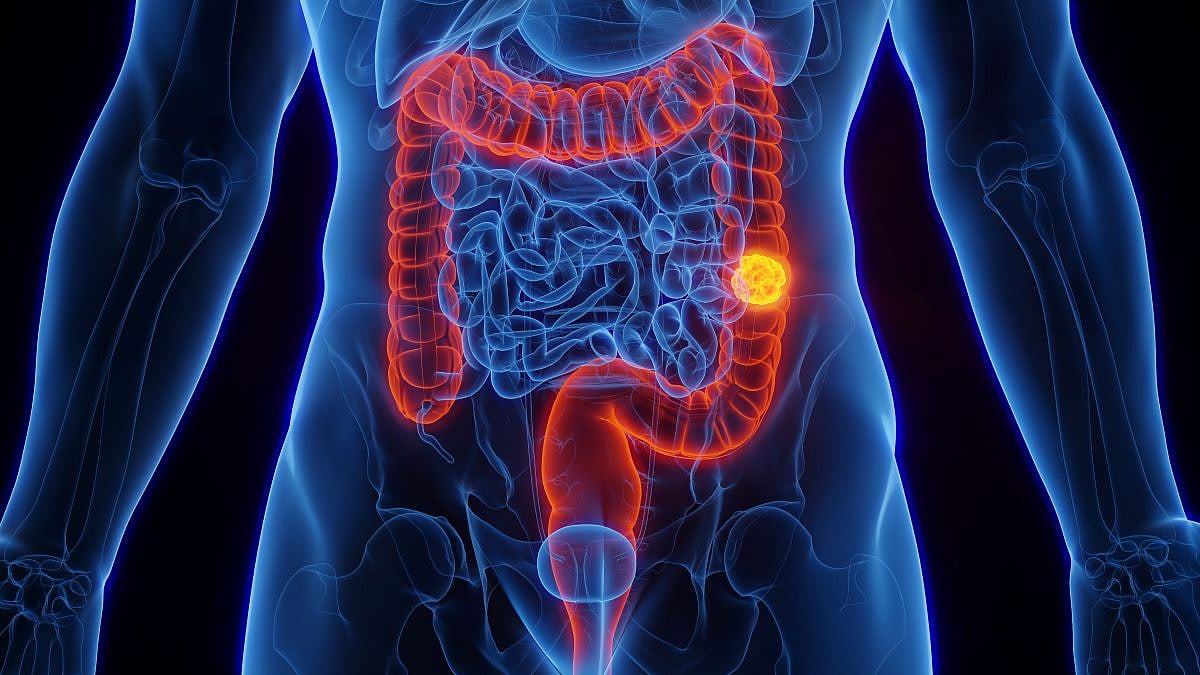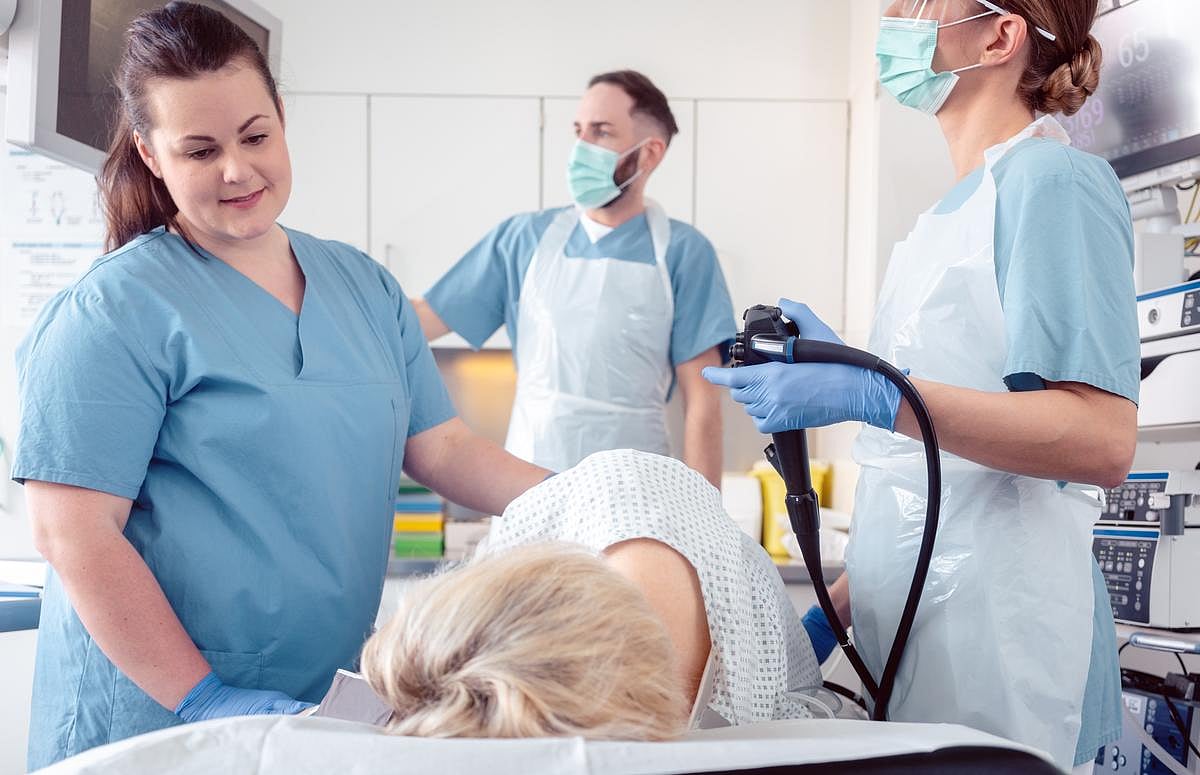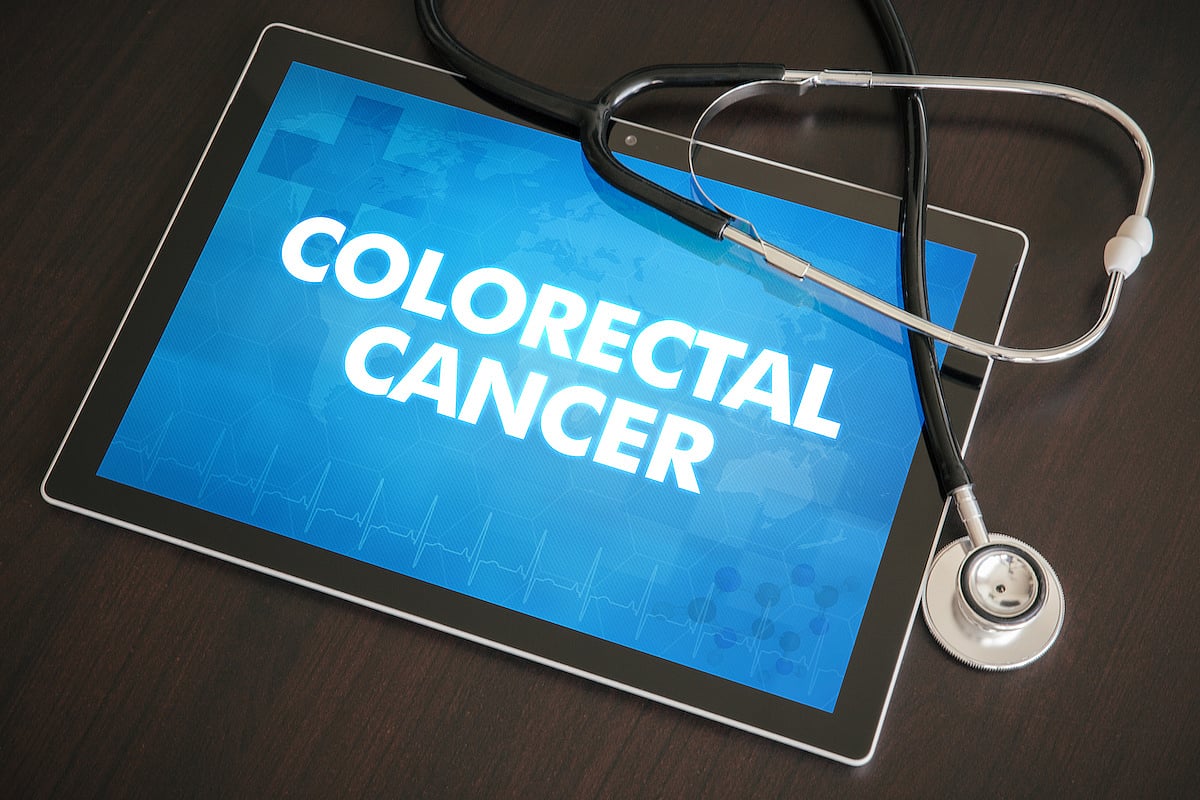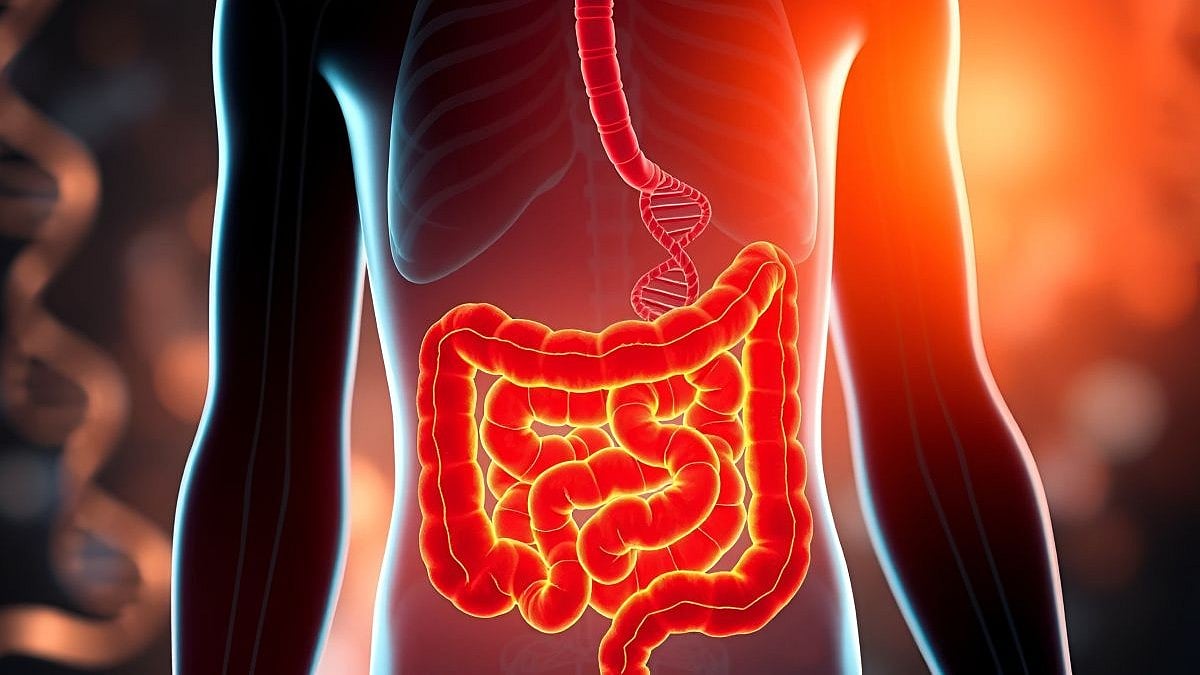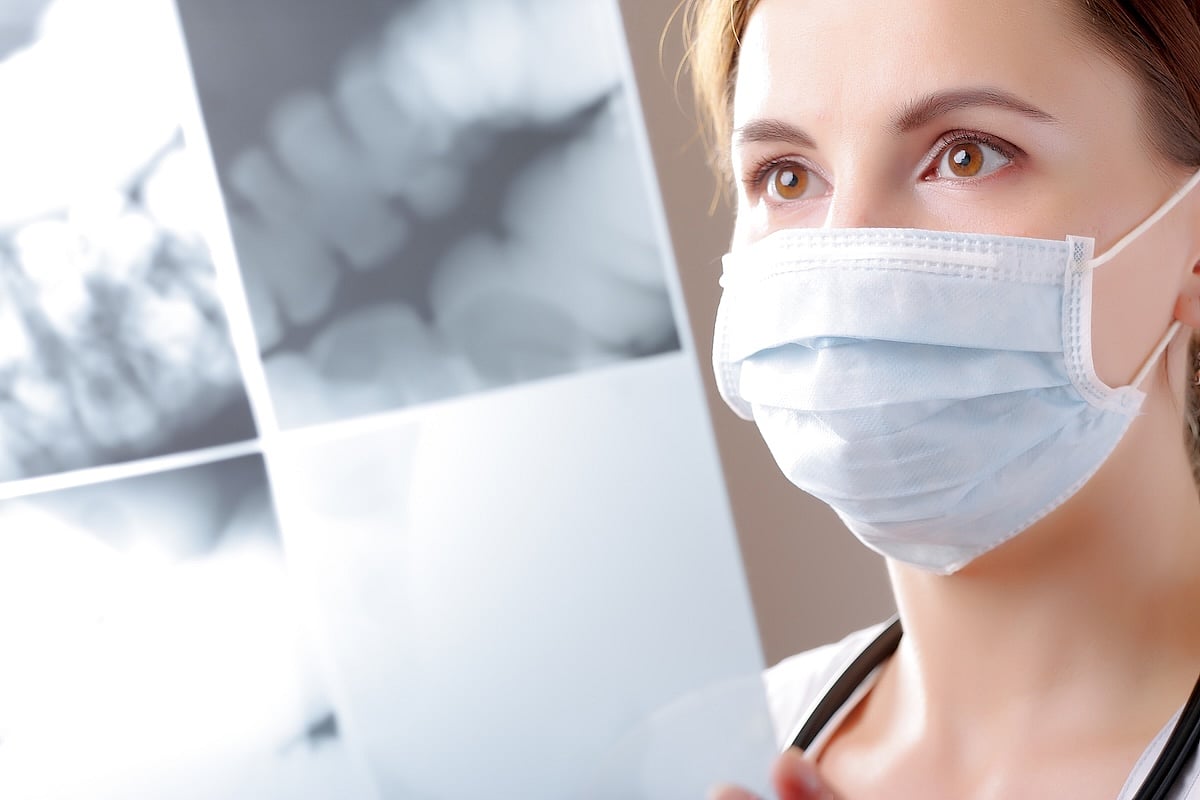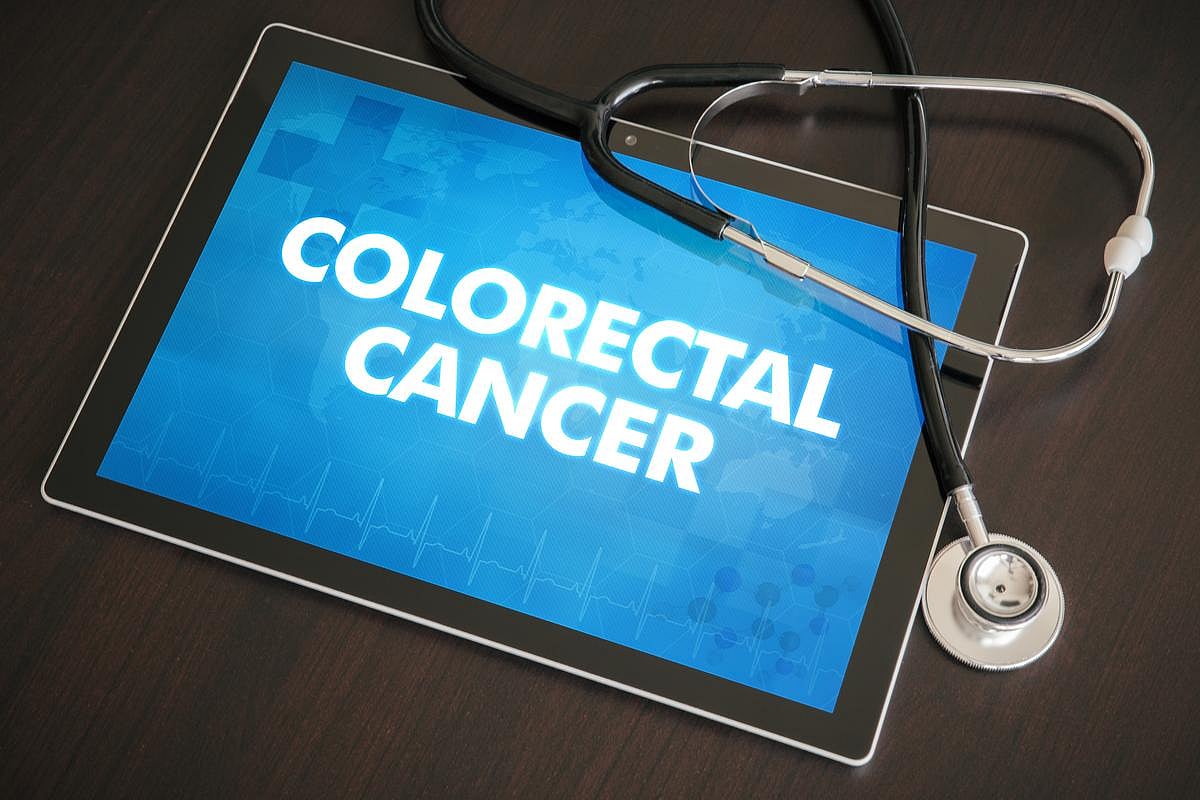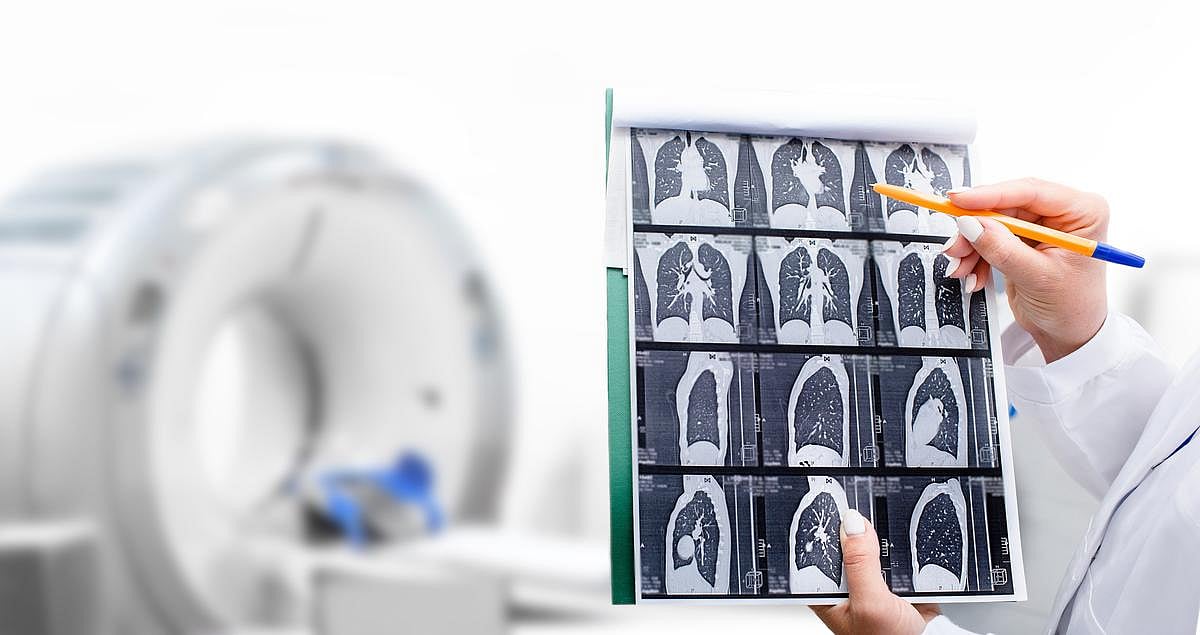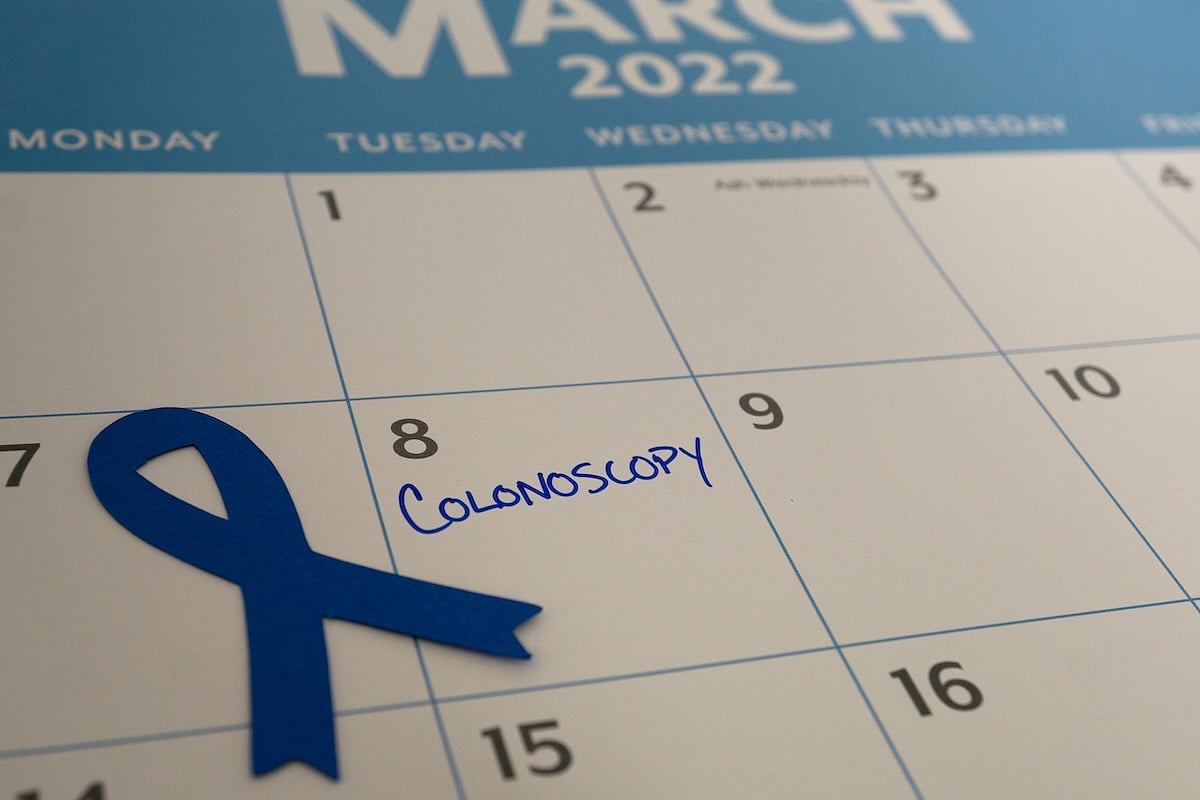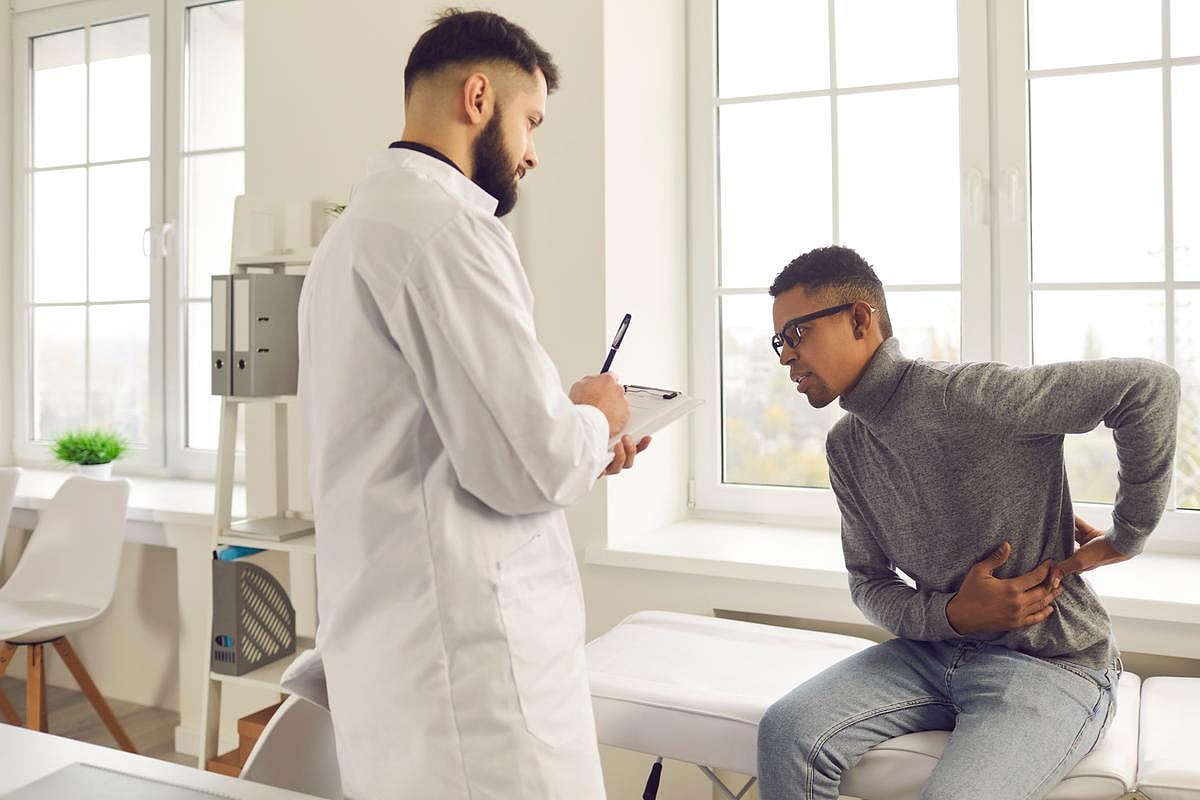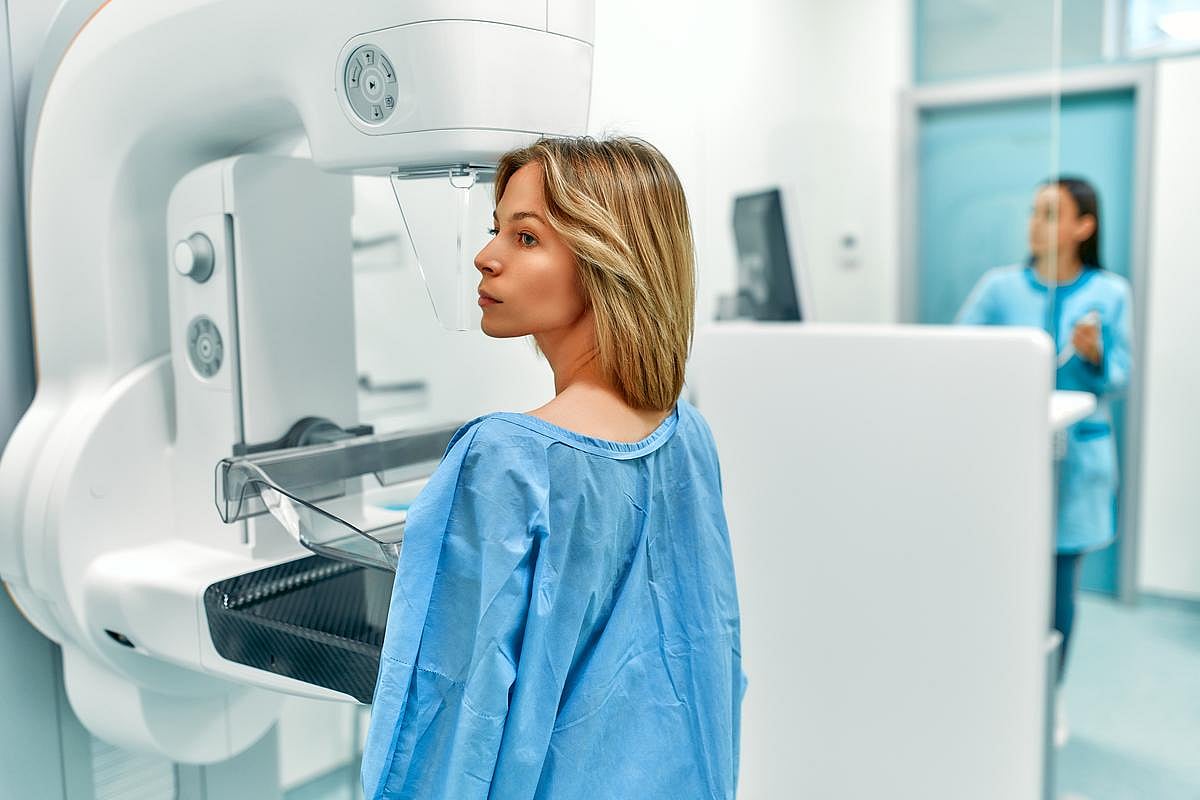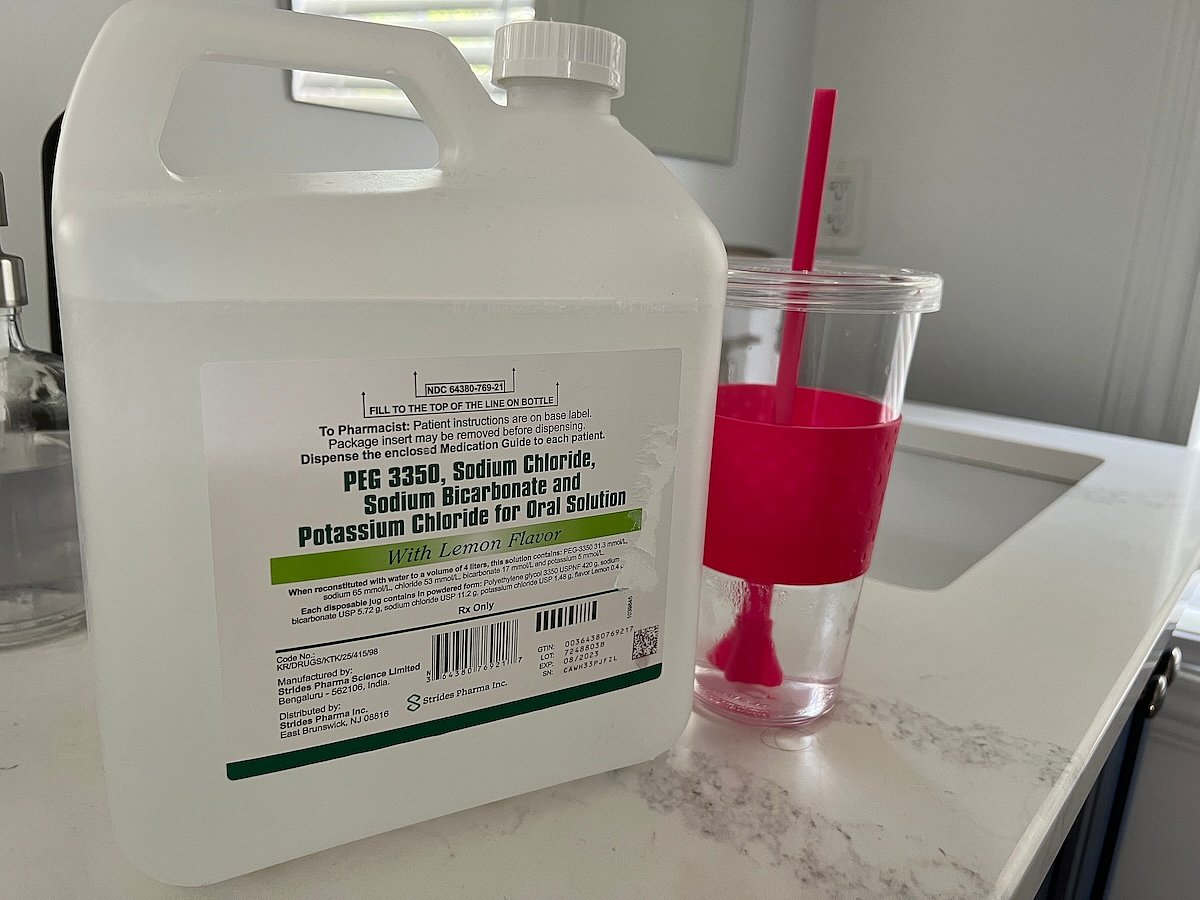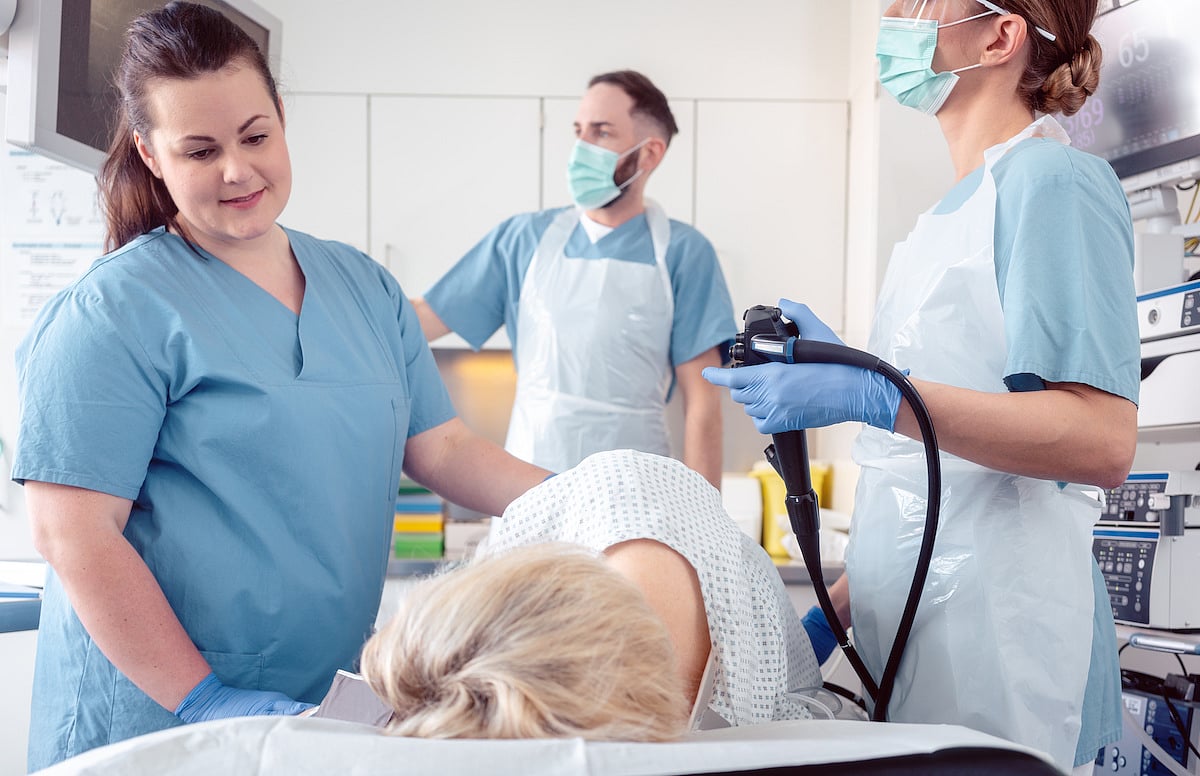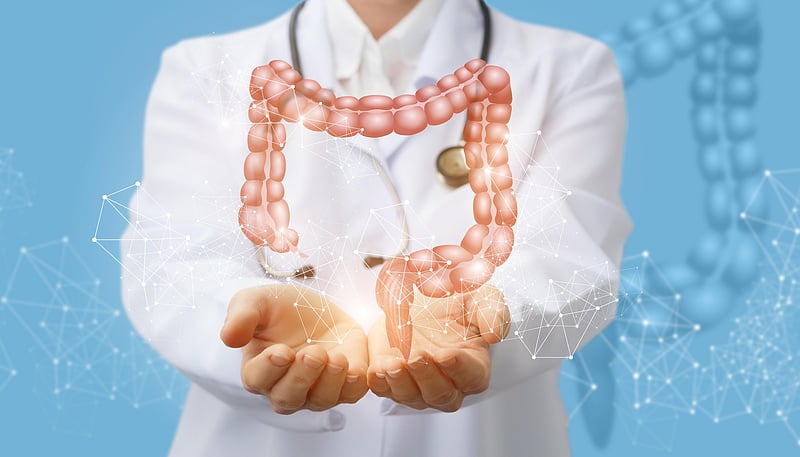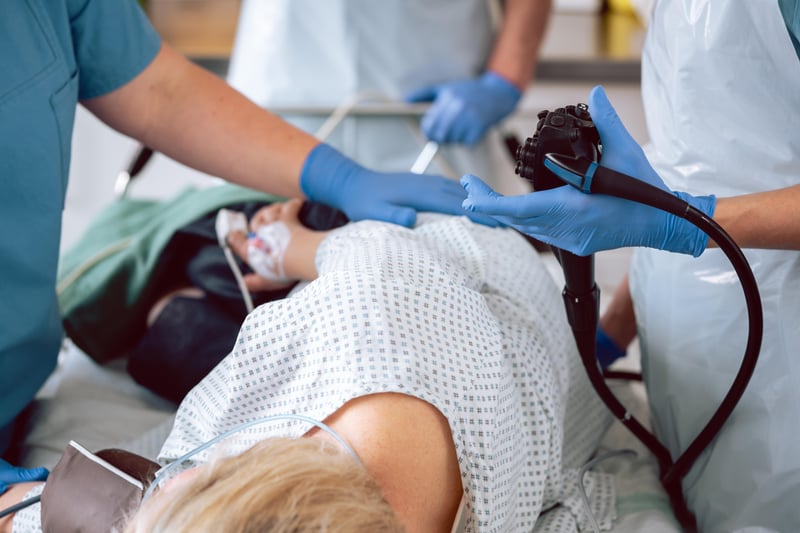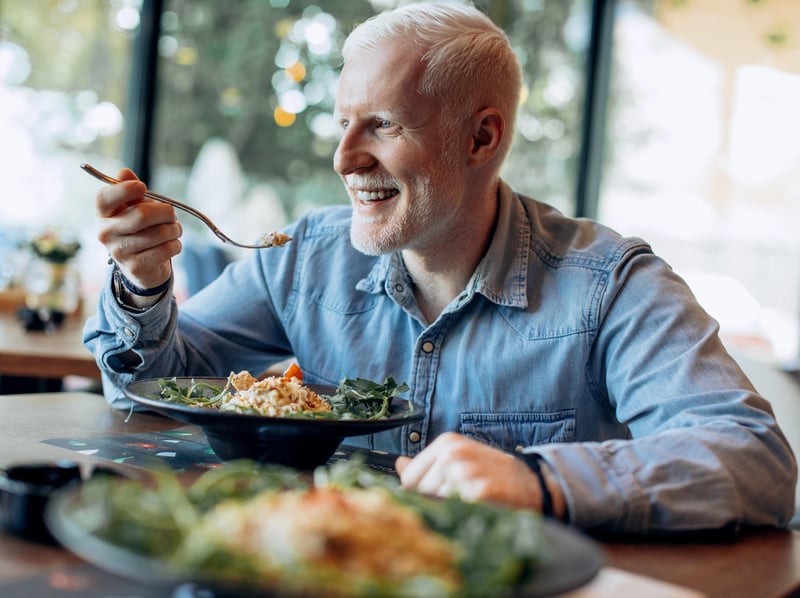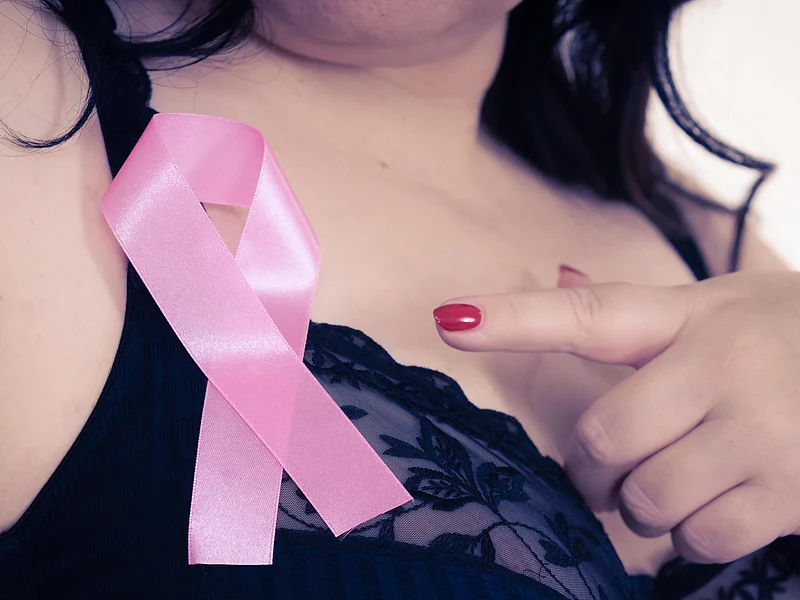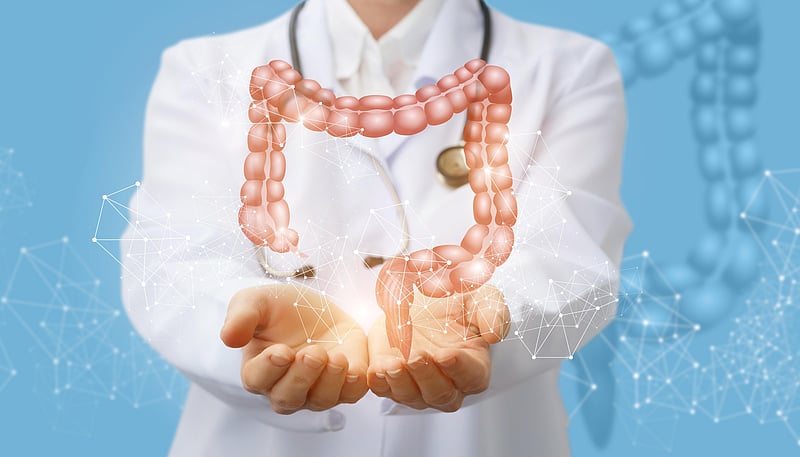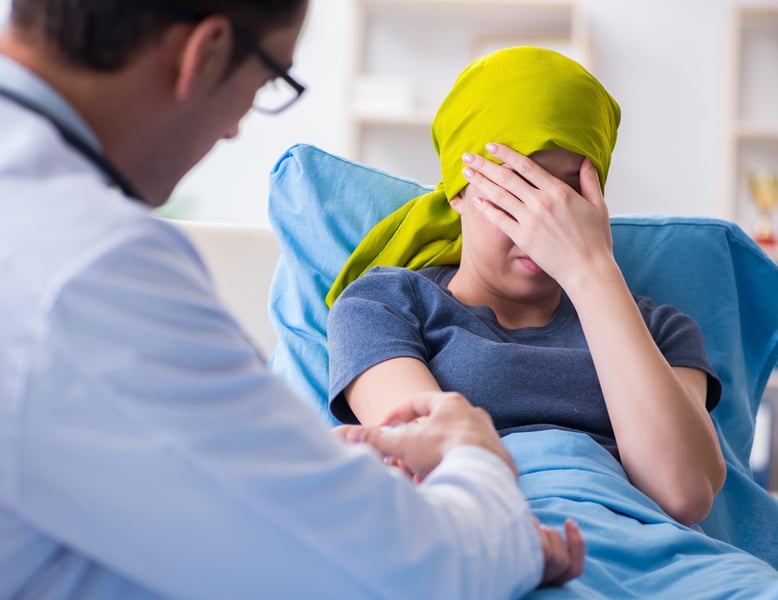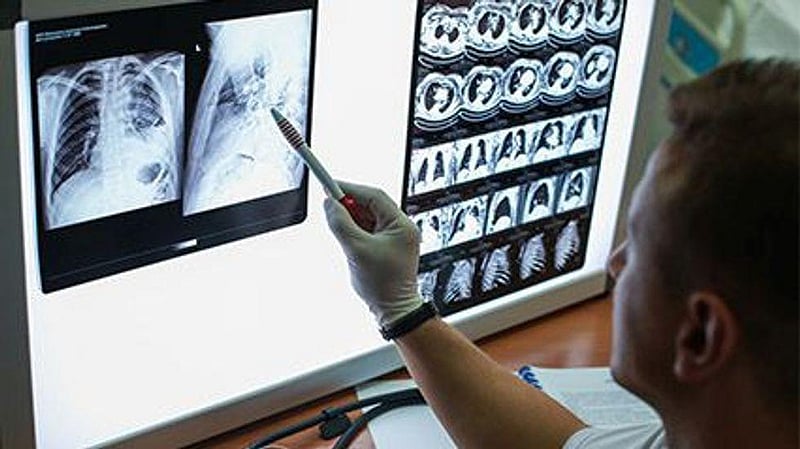Submit your contact info here or click the "Contact me about Sync" button below and we will reach out to you with more information.
Manténgase sano!
Resultados de su búsqueda "Colonoscopy".
30 Oct
Painful Colon Infection Once Rare in Young Adults Is on the Rise
A new study finds a surprising surge in severe diverticulitis among young adults in the U.S.
08 Oct
Rectal Bleeding Strongest Predictor of Colon Cancer Under 50
A new study finds patients under 50 who experience rectal bleeding are 8.5 times more likely to be diagnosed with colorectal cancer.
21 Apr
What Today’s Supreme Court Hearing Means for Your Free Preventative Screenings
An important HealthDay conversation with Michael Sapienza, CEO, Colorectal Cancer Alliance, about Kennedy v. Braidwood, a Supreme Court case challenging the legality of the U.S. Preventive Services Task Force to recommend no-cost screenings to the government.
Resultados de noticias de salud - 46
Younger adults who eat lots of ultra-processed foods are more likely to develop polyps that can become colon cancer, a new study says.
Women under 50 whose diets contained the largest amounts of ultra-processed foods had a 45% higher risk of developing pre-cancerous polyps in th...
- Dennis Thompson HealthDay Reporter
- |
- November 17, 2025
- |
- Página completa
Rectal bleeding could be a powerful early warning sign of colon cancer among younger adults, a new study says.
Such bleeding increased more than eightfold the odds of a colon cancer diagnosis among people younger than 50,
Artificial intelligence (AI) is being touted as a means of improving doctors’ effectiveness, but the new tool might dull their skills in some instances, a new study argues.
Specifically, doctors became worse at performing colonoscopies after AI started assisting them, researchers reported Aug. 12 in
Automatically mailing a stool test kit to people’s homes might be the best way to boost colon cancer screening among younger adults, a new study says.
More 45- to 49-year-olds went ahead with cancer screening when they received an unsolicited stool test kit in the mail, ra...
- Dennis Thompson HealthDay Reporter
- |
- August 7, 2025
- |
- Página completa
There’s been a steep increase in colon cancer cases among adults 45 to 49 in recent years, and that’s a good thing, experts say.
This upsurge means that more colon cancers are being caught at an earlier, more treatable stage, thanks to a decision to lower the screeni...
- HealthDay Reporter
- Dennis Thompson
- |
- August 6, 2025
- |
- Página completa
You try one of the new blood-based tests for colon cancer, and unfortunately, the results come back “abnormal.”
Those are alarming findings, of course. But for too many U.S. patients, no further steps are taken, a new study finds.
“Blood-based colorectal cancer screenin...
- HealthDay Reporter
- Ernie Mundell
- |
- July 30, 2025
- |
- Página completa
FRIDAY, June 13, 2025 (HealthDay News) — CT scans might be able to prevent more colon cancers than stool DNA tests, a new study says.
CT colonography performed every three to five years could ward off more cases of cancer than DNA testing of stool to look for evidenc...
- HealthDay Reporter
- Dennis Thompson
- |
- June 13, 2025
- |
- Página completa
A Kaiser Permanente colon cancer screening initiative put a huge dent in cancer cases and deaths over two decades, a new study says.
The systematic outreach program doubled colon cancer screening rates, researchers are scheduled to report at the upcoming Digestive Disease Week m...
- HealthDay Reporter
- Dennis Thompson
- |
- April 25, 2025
- |
- Página completa
Colonoscopy for younger adults. Chest CT scans for lung cancer. Statin meds to lower cholesterol. Screening for drug addiction.
More than 150 million Americans might lose no-cost access to these and other preventive care services under a case being heard Monday at the U.S. Supre...
- HealthDay Reporter
- Dennis Thompson
- |
- April 21, 2025
- |
- Página completa
Natural disasters fueled by climate change might wind up increasing cancer deaths, a new study suggests.
Rates of colon cancer diagnoses dropped during and after Hurricanes Irma and Maria hit Puerto Rico two weeks apart, as well as during the
Personalized support can help more people at risk of colon cancer attend a potentially life-saving colonoscopy appointment, a new study says.
About 55% of people assigned a patient navigator got a follow-up colonoscopy after their stool test revealed a risk of colon cancer, comp...
- HealthDay Reporter
- Dennis Thompson
- |
- April 1, 2025
- |
- Página completa
Colon cancers have been steadily increasing among people younger than 50, even as cases have declined among seniors.
That’s why guidelines now recommend that colon cancer screening start at 45, five years earlier than previously advised, Dr. Jennifer Davids, chief of colon and rectal surgery at Boston M...
- HealthDay Reporter
- Dennis Thompson
- |
- March 24, 2025
- |
- Página completa
The best evidence yet that cutting-edge Alzheimer’s disease drugs might indeed ward off the degenerative brain disease has emerged from a small-scale study.
An experimental drug that clears amyloid beta from the brain cut the risk of developing A...
- HealthDay Reporter
- Dennis Thompson
- |
- March 24, 2025
- |
- Página completa
A new risk prediction model can help identify people who are likely to develop early-onset colon cancer or small non-cancerous growths on other organs, researchers say.
The model relies on four factors associated with early-onset colon cancer: a family history of colon cancer, BMI, sex and smoking. (BMI is shorthand for body mass index, an estimate of body fat based on height and weight.)...
- HealthDay Reporter
- Dennis Thompson
- |
- March 7, 2025
- |
- Página completa
Preventive screenings for cancer declined during the pandemic, with lockdowns, social distancing and COVID-19 surges keeping many from needed mammograms and colonoscopies.
But breast and colon cancer screening numbers have since rebounded and have even surpassed pre-pandemic scree...
- HealthDay Reporter
- Dennis Thompson
- |
- March 6, 2025
- |
- Página completa
Appalachia has a rich history and gorgeous landscapes, but it has also experienced rates of cancer incidence and death that outstrip those of much of the rest of America.
However, new data offer hope to the 26 million people living in the region: Cancer rates are falling, although not as steeply as elsewhere in America.
Still, “there are reasons for hope and opportunities to i...
- HealthDay Reporter
- Ernie Mundell
- |
- February 10, 2025
- |
- Página completa
An experimental blood test can effectively and accurately detect colon cancer in middle-aged folks and seniors, a new study says.
The blood test was 81% accurate in detecting colon cancer among people who have the disease, researchers reported at the 2025 American Society of Cli...
- HealthDay Reporter
- Dennis Thompson
- |
- January 28, 2025
- |
- Página completa
Everyone knows that colonoscopies save lives, but that doesn't make drinking a lot of liquid laxatives in preparation for the procedure any less daunting.
Luckily, one expert has some helpful tips on how to take some of the pain out of the process.
The purpose of a colonoscopy is to examine the colon and rectum for abnormalities such as polyps,
Middle-aged folks facing a colon cancer screening now have a blood test they can choose over a standard colonoscopy.
However, the blood test isn't as effective as colonoscopy at detecting and preventing colon cancer, a new review finds.
About two and a half times more colon cancer deaths can b...
- HealthDay Reporter
- Dennis Thompson
- |
- October 29, 2024
- |
- Página completa
Having close family and friends who care about their health makes women more likely to get regularly screened for cancer, a new study has found.
Women are more likely to undergo regular cancer screening if they have a tighter web of social and emotional connections, researchers reported Oct. 17 in the journal Cancer Causes & Contro...
- HealthDay Reporter
- Dennis Thompson
- |
- October 18, 2024
- |
- Página completa
Colon cancers are increasing among younger Americans, so much so that experts advised in 2021 that colonoscopy screening begin at the age of 45, not 50 as had been previously recommended.
Now, research shows the new guideline may have led to a tripling in the use of the gold-standard screen among folks ages 45 to 49.
Still, in terms of the absolute number of people screened, colonos...
- HealthDay Reporter
- Ernie Mundell
- |
- October 4, 2024
- |
- Página completa
Food left in the stomach or stool left in the bowel can impede a doctor's ability to successfully perform an endoscopy or colonoscopy.
Now, research finds this scenario is more likely if the patient is taking popular new weight-loss meds such as Ozempic
- HealthDay Reporter
- Ernie Mundell
- |
- October 1, 2024
- |
- Página completa
Screening for cancer saves lives, but a new report shows it comes with a hefty price tag: The United States spends at least $43 billion annually on tests that check for five major cancers.
Published Monday in the Annals of Internal Medicine, the new analysis focused on screenings for br...
- HealthDay Reporter
- Robin Foster
- |
- August 6, 2024
- |
- Página completa
Dutch researchers have developed a new stool test that appears to detect colon polyps better than the current test does.
"The current test performs well, but leaves room for improvement," said Dr. Gerrit Meijer, principle investigator at the Netherlands Cancer Institute in Amsterdam.
"We want to be able to detect t...
- HealthDay Reporter
- Carole Tanzer Miller
- |
- February 12, 2024
- |
- Página completa
Getting your preventive screening colonoscopy could be even more of a lifesaver than you thought, a new analysis finds.
The two gold standard tests for spotting cancers and polyps of the colon -- colonoscopy and sigmoidoscopy -- offer double the benefit determined in prior studies, conclude a team from the Massachusetts Institute of Technology (MIT), in Cambridge, Mass.
They explain...
- HealthDay Reporter
- Ernie Mundell
- |
- December 27, 2023
- |
- Página completa
While guidelines for cancer screening have begun factoring in life expectancy, a new poll shows a majority of older adults disagree with age cutoffs based on how long a person is expected to live.
The University of Michigan National Poll on Healthy Aging querie...
- HealthDay Reporter
- Cara Murez
- |
- September 29, 2023
- |
- Página completa
Many Americans are behind on recommended colon cancer screenings -- and their doctors often fail to remind them, a new study suggests.
The study, by the American Cancer Society, focused on a nationwide sample of more 5,000 Americans who were overdue for colon cancer screening. All had been to a routine checkup in the past year, but only about one-quarter said their provider had advised th...
- HealthDay Reporter
- Amy Norton
- |
- September 12, 2023
- |
- Página completa
Health screenings and preventive care appointments are a key to maintaining long-term health and well-being. By proactively engaging in these practices, women can identify potential health risks early on and take necessary steps.
This guide will outline the key women's health screenings and care appointments to help you prioritize your health and stay on top of your well-being.
- HealthDay Reporter
- Ann Schreiber
- |
- May 19, 2023
- |
- Página completa
Many Americans are not getting recommended cancer screenings, and a new study hints at one way to push the needle: paid sick leave from work.
Researchers found that in areas of the United States that passed mandates on paid sick leave, cancer screening rates inched up in the years afterward. Breast cancer screening rose by roughly 3%, while colon cancer screening increased by 6% to 8%.
- HealthDay Reporter
- Amy Norton
- |
- March 2, 2023
- |
- Página completa
Colon cancer continues to rise among younger U.S. adults, with the American Cancer Society reporting a doubling of cases in people younger than 55 in about 25 years.
Also, significantly more Americans are being diagnosed with advanced stages of the disease, the cancer society says.
As of 2019, 20% of colon cancer cases occurred in adults under age 55 -- up from just 11% in 1995, acc...
- HealthDay Reporter
- Steven Reinberg
- |
- March 1, 2023
- |
- Página completa
Cancer screening rates were down again during 2021, the second year of the pandemic.
The number of women having cervical cancer screening dropped 4.4 million in 2021 compared to 2019, according to a study by the American Cancer Society (ACS). About 1.1 million fewer women were screened for breast cancer and about 700,000 fewer men were screened for prostate cancer.
"The COVID-19 pan...
- HealthDay Reporter
- Cara Murez
- |
- February 24, 2023
- |
- Página completa
Many people undergo a stool test to screen for colon cancer but a new study finds too few follow up with a colonoscopy when that test warns of a possible cancer.
Not following up undermines the point of screening, said study-co-author Jeff Mohl, director of research and analytics for the Amer...
- HealthDay Reporter
- Cara Murez
- |
- January 23, 2023
- |
- Página completa
Just 14% of all cancers diagnosed in the United States are detected through routine screening, a new analysis finds -- pointing to many missed opportunities to catch cancer early.
"It's surprising, but true," said Caroline ...
- HealthDay Reporter
- Amy Norton
- |
- December 30, 2022
- |
- Página completa
Are you an older man worried about your risk for colon cancer? Eating whole grains, vegetables, fruits and legumes may improve your odds of dodging the disease, new research shows.
"Although previous research has suggested that plant-based diets may play a role in preventing colorectal cancer, the impact of plant foods' nutritional quality on this association has been unclear," said study...
- HealthDay Reporter
- Cara Murez
- |
- November 29, 2022
- |
- Página completa
Many guys love a breakfast plate piled high with sausages and maybe a sugar-glazed danish on the side. Now, research shows that wolfing down too many ultra-processed foods like these could be bad news for a man's colon.
Specifically, men who consum...
- HealthDay Reporter
- Denise Mann
- |
- September 1, 2022
- |
- Página completa
If you use pot, you may need more sedation than normal during a gastric endoscopy, according to a new study.
"Patients didn't have increased awareness or discomfort during procedures, but they did require more drugs," lead author Dr. Yasmin Nasser said in a news release from the American Gastroenterological Association. Nasser is an assistant professor in the Institute for Chronic Disease...
- HealthDay Reporter
- Robert Preidt
- |
- May 25, 2022
- |
- Página completa
Many people who are overweight or obese avoid cancer screening for fear of stigma and judgment about their weight, British researchers report.
In a review of 10 published studies, researchers found that many doctors around the world don't look kindly on patients with obesity, an attitude that can affect tre...
- HealthDay Reporter
- Steven Reinberg
- |
- May 19, 2022
- |
- Página completa
Colonoscopies in younger women can significantly cut their risk of colon cancer, a new study claims.
"While there's been an alarming increase in the incidence of colorectal cancer in recent decades in younger individuals, screening has largely been focused on people over 50," noted seni...
- HealthDay Reporter
- Robert Preidt
- |
- May 10, 2022
- |
- Página completa
The early months of the COVID-19 pandemic kept millions of Americans away from routine cancer screenings. Now a new study finds that many U.S. screening programs were still not back to normal by 2021.
The study, of more than 700 cancer facilities nationwide, found that in January 2021 - a year after COVID's emergence in the United States - most still had not recovered their pre-pandemic s...
- HealthDay Reporter
- |
- March 21, 2022
- |
- Página completa
Colon cancer rates are increasing for younger Americans, along with rates of obesity. Could slimming down reduce young people's risk for malignancy?
A new study suggests that even a small amount of weight loss may cut your odds for benign growths in the colon known as adenomas, or polyps. Left unchecked, these growths can lead to
- HealthDay Reporter
- Cara Murez
- |
- February 1, 2022
- |
- Página completa
Big surprise bills for any colonoscopy done after a positive result from a stool-based screening test will be prevented under new federal rules, a group of U.S. medical organizations say.
On Jan. 10, the Biden administration issued guidance requiring private insurers to cover such colonoscopies.
The guidance exp...
- HealthDay Reporter
- Robert Preidt
- |
- January 19, 2022
- |
- Página completa
New research offers fresh proof that the COVID-19 pandemic delayed cancer diagnoses in the United States, increasing patients' risk for poor outcomes.
For the study, researchers analyzed data from more than 9 million patients at over 1,200 Veterans Affairs (VA) medical facilities.
Procedures to diagnose cancer were used less often and there were fewer new cancer diagnoses in 2020 t...
- HealthDay Reporter
- Robert Preidt
- |
- December 6, 2021
- |
- Página completa
President Joe Biden is undergoing a routine colonoscopy Friday, and will briefly transfer power to Vice President Kamala Harris while he's sedated for the procedure, the White House said.
The colonoscopy will be part of Biden's first routine physical exam as president, and will take place at Walter Reed National Military Center.
"As was the case when President George W. Bush had the...
- HealthDay Reporter
- Dennis Thompson
- |
- November 19, 2021
- |
- Página completa
Colon cancer numbers dropped dramatically during the COVID-19 pandemic, but that doesn't mean fewer people have the disease.
In Spain, researchers discovered a more than 40% decline in colon cancer diagnoses, leading experts to worry about the ramifications.
"These are very worrying findings indeed -- cases of colorectal cancer undoubtedly went undiagnosed during the pandemic. Not o...
- HealthDay Reporter
- Cara Murez
- |
- October 4, 2021
- |
- Página completa
Colon cancer risk runs in families, and it's not just a parent or sibling having had the disease that should concern you.
If you have a second- or third-degree relative who had colon cancer at an early age, your odds of having the disease substantially increase, a new study finds.
First-degree relatives include parents, children and siblings. Second-degree relatives include aunts, u...
- HealthDay Reporter
- Steven Reinberg
- |
- September 15, 2021
- |
- Página completa
Colonoscopy screening can help prevent colon cancer by allowing doctors to find and remove potentially pre-cancerous growths called polyps. But if they fail to get the whole growth, the odds of a recurrence are high, a new study shows.
The likelihood that it will occur within the next few years more than doubled.
Repeat exams found a new growth in the same colon segment 52% of the t...
- HealthDay Reporter
- Amy Norton
- |
- August 10, 2021
- |
- Página completa


